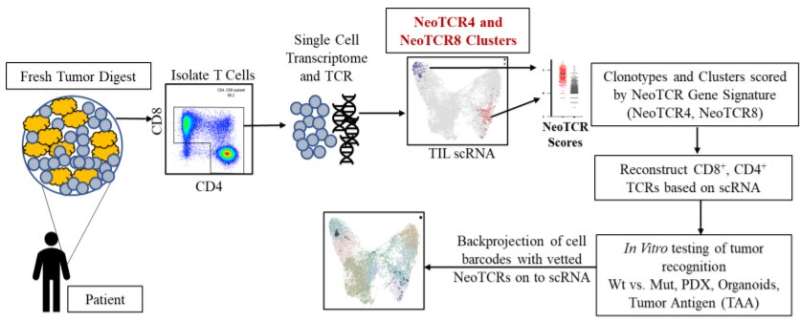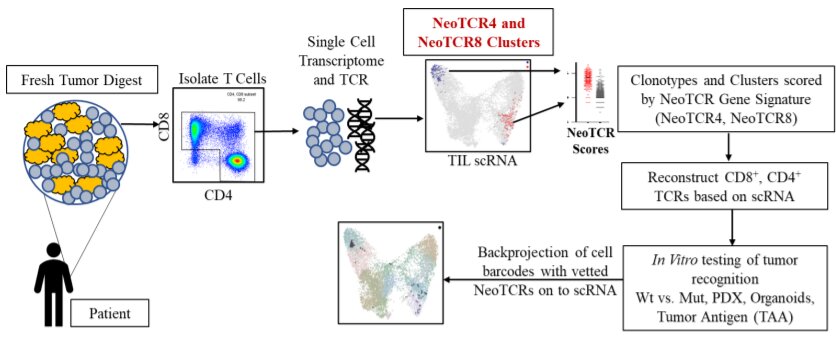
National Institutes of Health researchers, led by Dr. Steven Rosenberg, MD, Ph.D., chief of the Surgery Branch at the Center for Cancer Research, National Cancer Institute (NCI), have found unique expression profiles in 50 genes that help identify rare anti-tumor lymphocytes that can infiltrate and help defeat metastatic solid epithelial tumors. To develop these profiles, a highly sensitive assay was designed that identified tumor-infiltrating lymphocytes (TIL) with cell surface receptors that can recognize the products of the very mutations that caused the cancer. The identification of these lymphocytes could help advance the development and effectiveness of personalized cancer immunotherapies for patients whose cancers do not respond to standard treatments.
This finding in TILs is especially important because it is agnostic to the type of tumor a patient has—it seems to have promise in stomach, esophageal, ovarian and breast cancers, among other types of tumors.
Until now, to maximize the potential of TIL therapy, Rosenberg’s team had to look at every potential mutation in a tumor that could be a target. But after years of effort, the team developed this new assay that identifies the gene expression profiles of a few rare lymphocytes that recognize mutated cell surface proteins of cancerous cells, thereby negating the need for a mutation-by-mutation search.
Source: Read Full Article
